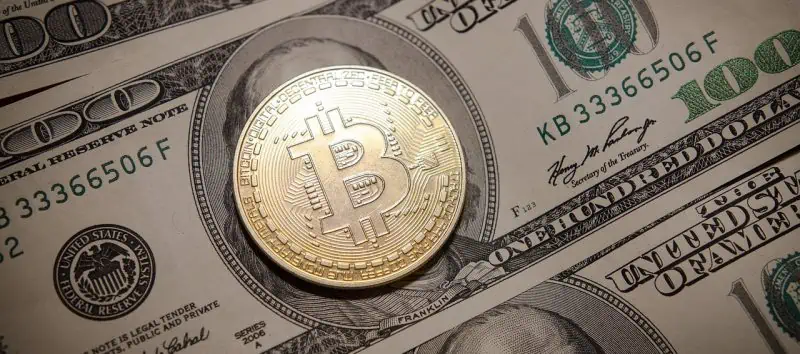On Tuesday, the International Organization of Securities Commissions (IOSCO), a global watchdog for securities, wrapped off its initial worldwide strategy for regulating digital markets and crypto assets. This significant step came about as a result of the insights gained from the FTX exchange collapse. The incident caused alarm around the globe and highlighted the importance of consumer protection in these digital and crypto markets. With this new approach, IOSCO aims to standardize regulations, focusing on maintaining consumer trust and ensuring their safety in the rapidly evolving world of digital finance.
Jean-Paul Servais, the chairperson of the International Organization of Securities Commissions (IOSCO), declared that the plans revealed on Tuesday signify a pivotal moment in addressing the potential hazards associated with crypto assets like Bitcoin and Ethereum. According to his statement, this development represents a significant step forward in the continual effort to mitigate the risks in the crypto asset landscape.
The proposed rules aim to manage various issues in the digital assets sector. They set out a framework to handle potential conflicts of interest that might arise, tactics to counteract possible market manipulation, and strategies for enhanced cooperation between regulatory authorities across different nations. The guidelines also address concerns related to the secure storage or custody of digital assets and operational risks that could occur in the functioning of these digital markets. Furthermore, they outline a framework for treating individual or retail customers fairly and responsibly, ensuring they’re well-protected in this rapidly growing digital marketplace.
IOSCO has set a target to finalize these standards by the end of the year. They are optimistic that their 130 member organizations worldwide will integrate these guidelines into their existing rules. This would help fill any regulatory voids, fostering a balanced approach to regulation rather than a fragmented one. It would also restrict companies from exploiting differences between various regulatory bodies.
IOSCO serves as a collaborative platform for regulators from across the globe, encompassing entities such as the U.S. Securities and Exchange Commission, Japan’s Financial Services Agency, Britain’s Financial Conduct Authority, and Germany’s BaFin. Currently, they are seeking feedback from the public on these proposed regulations. They believe this public consultation will provide valuable insights and help ensure the guidelines are comprehensive and effective.
As we move further into the summer, the International Organization of Securities Commissions plans to publish a set of recommendations explicitly targeting decentralized finance. This upcoming guidance is expected to provide further clarity and direction for this innovative and rapidly evolving financial industry sector.














